We caught up with the brilliant and insightful Ysabel Garcia a few weeks ago and have shared our conversation below.
Ysabel, looking forward to hearing all of your stories today. One of the things we most admire about small businesses is their ability to diverge from the corporate/industry standard. Is there something that you or your brand do that differs from the industry standard? We’d love to hear about it as well as any stories you might have that illustrate how or why this difference matters.
At Estoy Aqui, I pride myself on diverging from the industry standard by focusing on culturally humble and holistic approaches to mental health and suicide prevention. While traditional mental health and suicide prevention interventions overlook the unique sociocultural contexts and systemic issues that contribute to mental health issues, I address these factors head-on.
One way I differentiate myself is through my emphasis on lived experience as a powerful tool for healing. In mainstream mental health practices, lived experience is undervalued due to their focus on so-called evidence-based practices, which often prioritize numbers over stories. But, I believe that uplifting lived experience is integral to our collective understanding of mental health struggles, especially within intentionally excluded communities.
For example, my community care circles have been successful because I do not rely on theory or clinical approaches. Many participants have said to me how relieved they felt by discussing these issues without fear of retaliation or violence. They also feel that the topics are relevant to their lives because they represent social and cultural issues that they experience on a daily basis but that they didn’t have the language to identify before. There is power in these revelations. “Oh, I finally have a name for this thing that has been affecting my mental health,” is often what I hear after our sessions.
Also, Estoy Aqui shows people innovative ways of framing suicidality. For example, I explain how suicidal thoughts can serve as a protective mechanism against suicide itself. Rather than pathologizing these thoughts, I explore the deeper reasons behind them, acknowledging the role they play in coping with internalized oppression and systemic injustices in Black and Brown communities. I also acknowledge that traditional therapy does not work for everyone and advocate for a cultural mental health responder model through my outreach program, La Cultura Sana (The Culture Cures).
I challenge the inequities within mental health gatekeeping training and traditional risk assessments that encourage coercive control and violence against suicidal people. By seeing suicide not as an individual issue but as a policy choice shaped by societal factors such as oppression and power imbalances, Estoy Aqui advocates for upstream systemic changes that address the actual root causes of mental health issues and suicide.
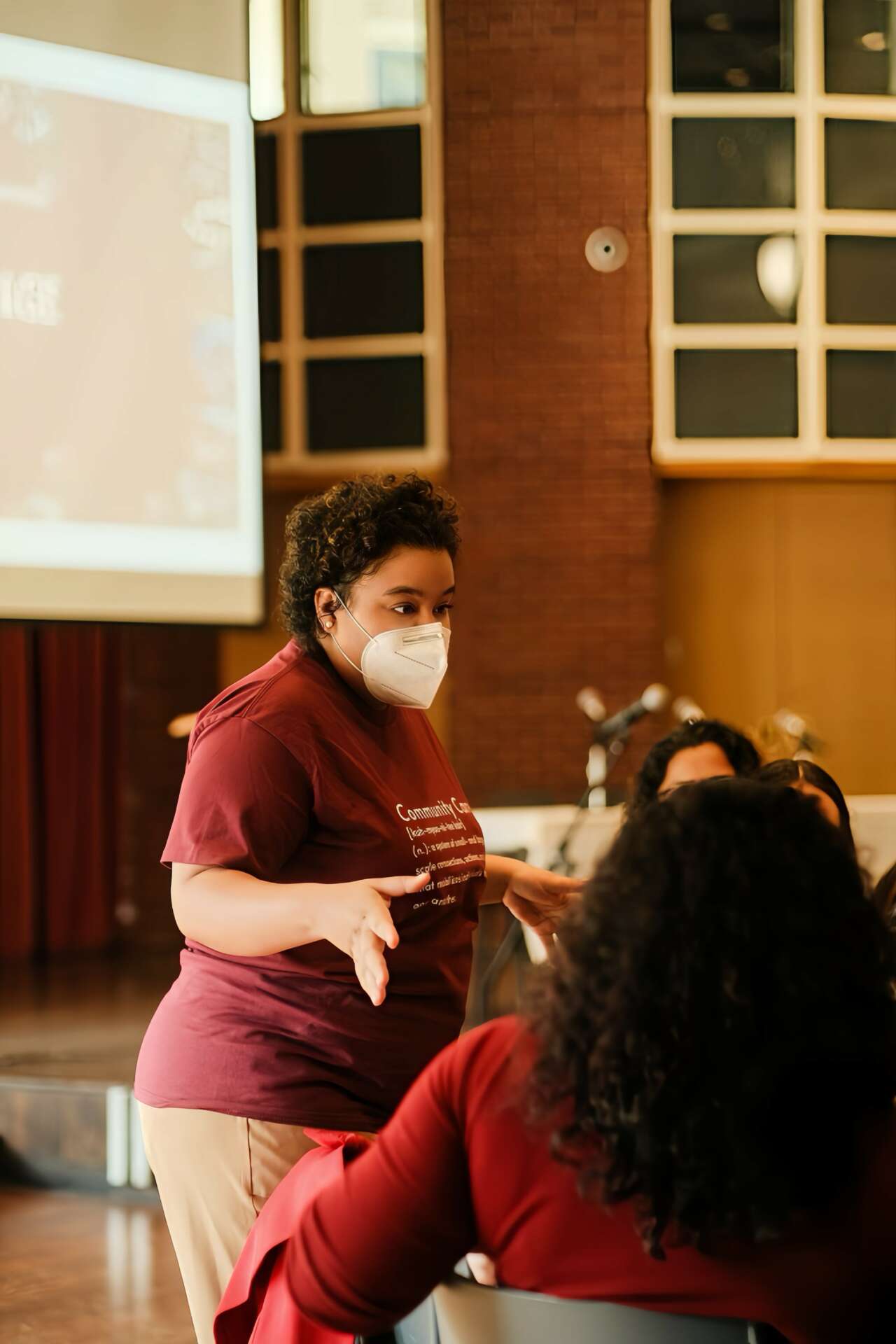
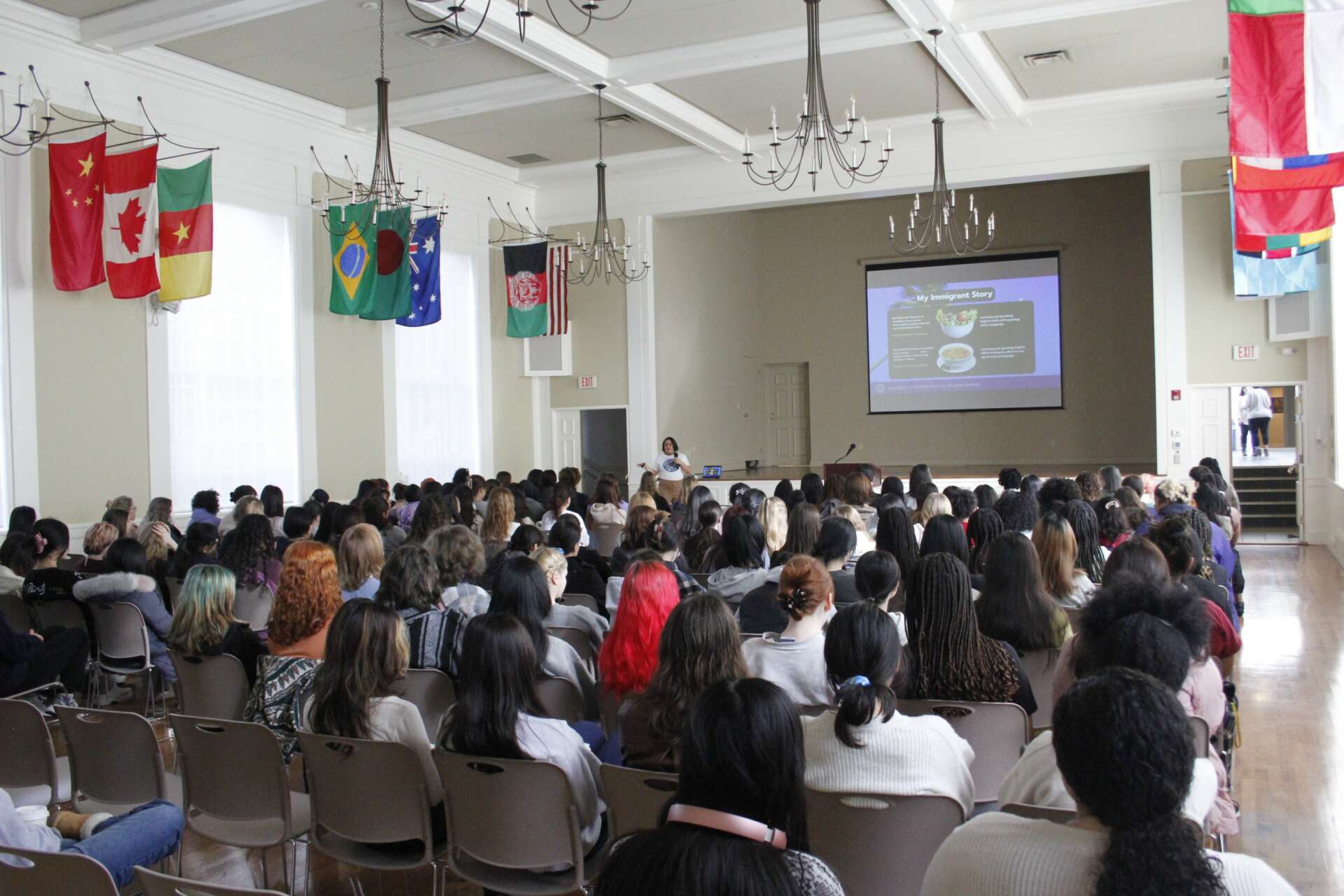
Awesome – so before we get into the rest of our questions, can you briefly introduce yourself to our readers.
My name is Ysabel Garcia, and I’m on a mission to spark honest and authentic conversations about mental health, social justice, and suicide. As a Dominican immigrant, social justice educator, and disruptor of oppressive systems, I bring a unique perspective to my work at Estoy Aqui LLC.
My journey into this industry began with my own experiences navigating the mental health system. As a Dominican immigrant with Spanish as a first language, I had the right to receive culturally humble and compassionate care from therapy, residential programs, and psychiatric hospitals, but I did not. Instead, I received solitary confinement and law enforcement involvement, among other things, because I expressed my pain. The reality is that providers are not equipped to address suicidality and mental health in general, much less from a social justice lens. Estoy Aqui LLC was born out of this story and it is why I have dedicated my life to offer education to providers and community members who want to improve their understanding of mental health and suicide within intentionally excluded communities, particularly in Latine and Black communities.
My workshops, training sessions, and community care circles empower folks in the healthcare, social service, and non-profit sectors to understand
– The social, cultural, and racial dynamics that influence our mental health
– The vital role of curiosity, validation, and consent in supporting others effectively
– How systemic conditions and practices impact our overall well-being
– The multifaceted nature of suicidal thoughts and their underlying purposes
People who attend Estoy Aqui’s programs leave with practical communication tools, a new mindset to approach mental health crises, and insights into how systemic oppression and social constructs shape mental health outcomes.This type of education is not mainstream or available to most providers during and after their higher education journey. In fact, one of the most common comments I get from people after my workshops is that they have never heard of the topics I discussed, even after decades in their field.
I’m proud of the impact I’ve made through my work at Estoy Aqui. From conducting over 100 educational programs nationwide to being featured in prominent media platforms such as the Boston Globe and receiving national recognition for my contributions, I have been able to amplify conversations about one of the most demonized topics in the world: suicide.
At the end of the day, what I want potential clients and supporters to know is that Estoy Aqui is more than just a business – it’s a movement. I am dedicated to challenging the status quo and holding systems accountable for creating a world worth staying alive for. I am here, and together, we can make a difference.
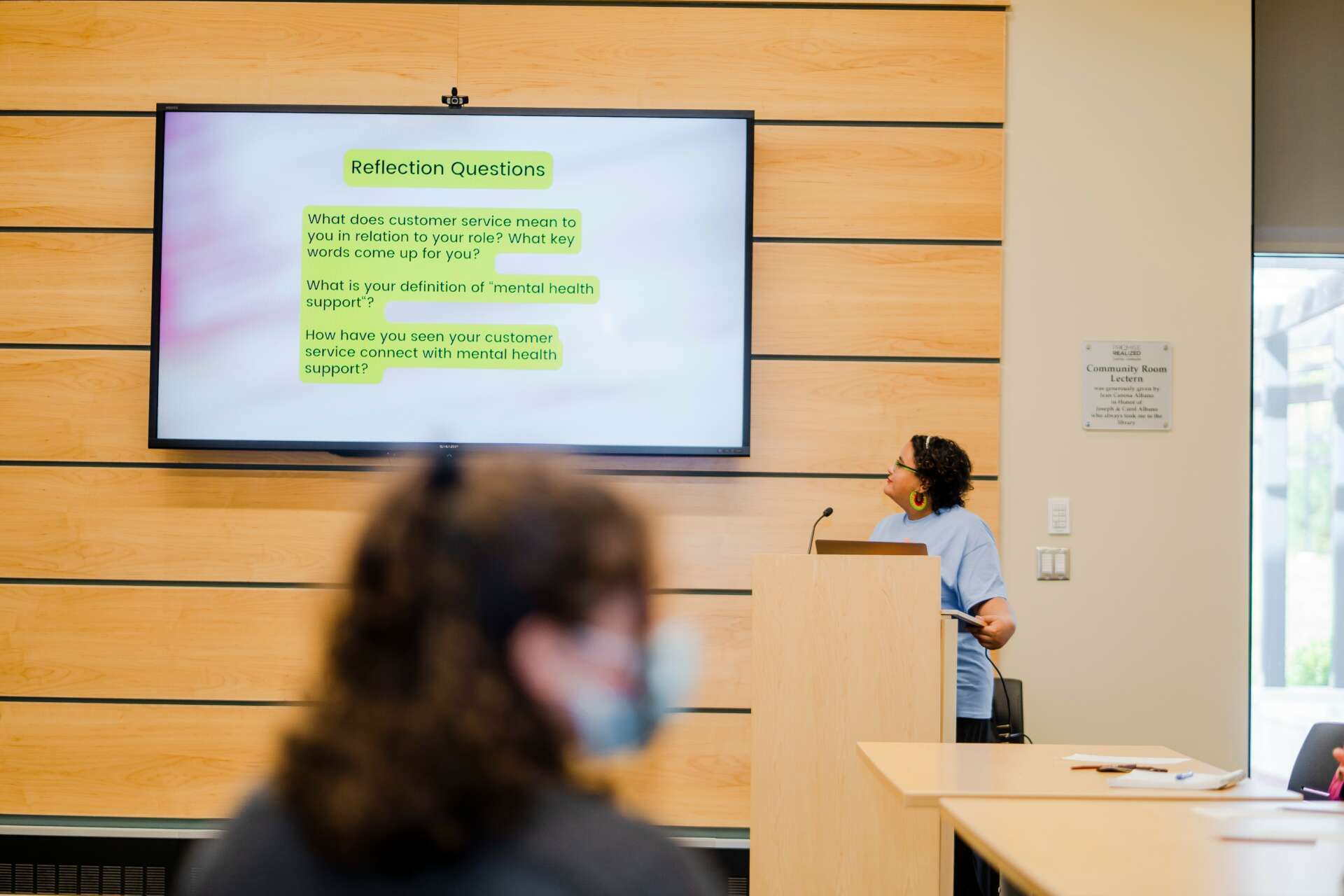
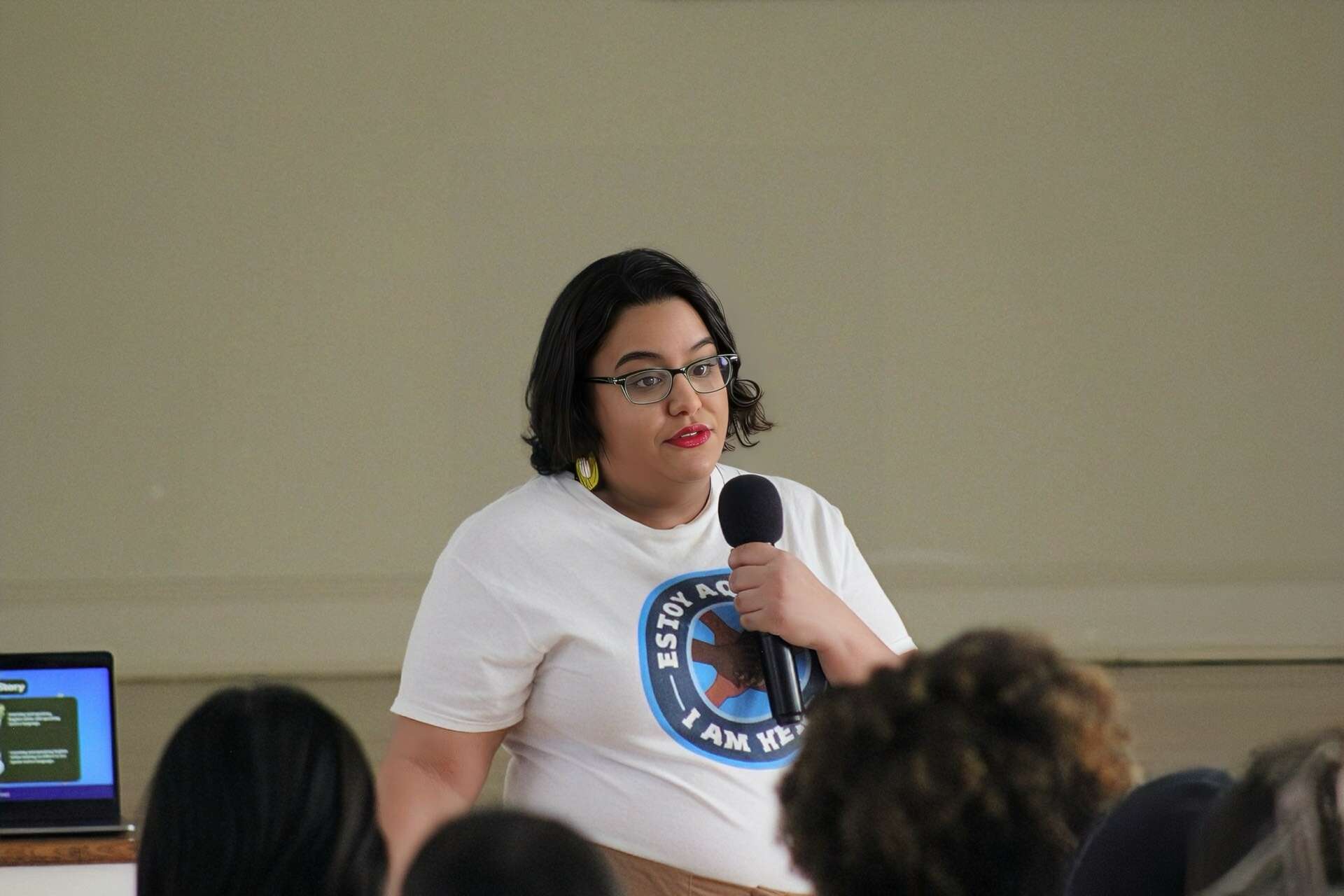
What do you think helped you build your reputation within your market?
My raw openness about my personal journey navigating the mental health system and experiences with suicidal ideation has been key in building my reputation. Many find it refreshing to receive education from someone who has firsthand experience with the topics being discussed. My story of survival is my main credential, not my college degrees.
Also, by prioritizing the needs and perspectives of Latina and Black populations, I offer information that resonates with people whose experiences are often overlooked by traditional educational programs like Mental Health First Aid and Question. Persuade. Refer training.
I actively interact with many organizations, coalitions, and committees, which connects me with like-minded individuals and expands my network. Collaborating with others, both online and offline, through social media interactions, appearances, and partnerships has also shaped my reputation and visibility within the market.
And of course, my media features and awards contribute to building trust and establishing me as a respected leader in the field.
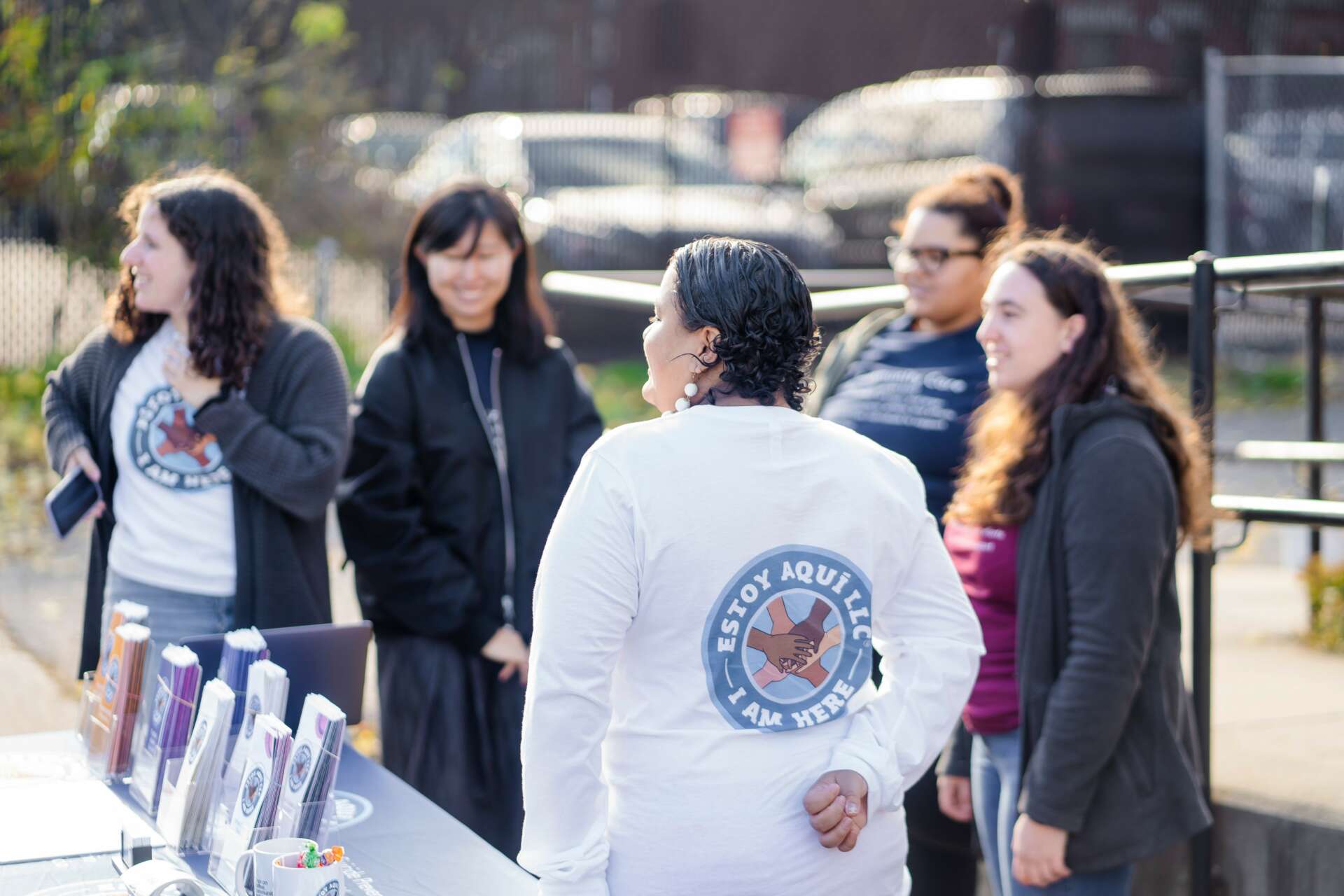
How did you build your audience on social media?
I started my social media accounts in the summer of 2020 and learned that my community in social media wants to hear my stories. They want to know how I am doing. Authenticity builds trust and helps connect with your audience on a deeper level. Do not overthink it.
Another thing that has worked for me is responding to comments and messages and having actual dialogues not only on my accounts but also on other accounts that do similar work or embrace similar values. Some people like the comment, check the profile, and hit the follow button afterward.
Collaborating through podcasts and live interviews has also helped me. I currently have an IG Live series called ‘Sick to Death of Suicide Prevention,’ where I invite people I know from social media whose work I admire to talk about the suicide industry. These are people whom I have never met in person but with whom I am connected nonetheless. My audience and their audience get to know each other and connect.
Many times, my audience grows because someone with a bigger audience tags me in their content. They either quote me from a panel, live, etc. or re-share one of my posts. My post with the most likes happened because I shared a quote from one of my IG live guests and added them as a collaborator, so it showed up on their feed.
Collaboration is key to building community. For me, social media is just another form of relationship-building and community care. Not just a way to get clients or business. It can be your village.
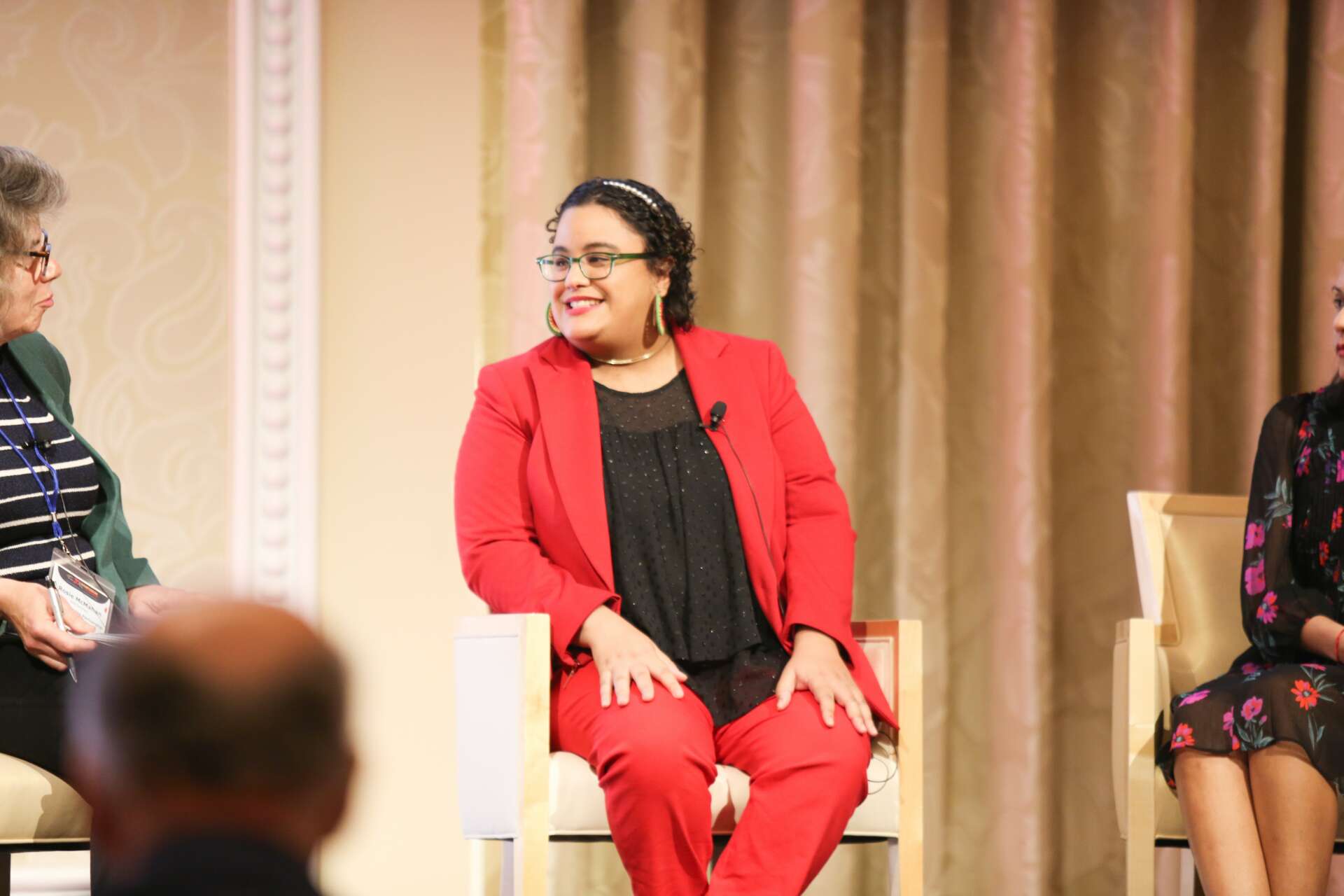
Contact Info:
- Website: www.estoyaquillc.com
- Instagram: www.instagram.com/estoyaquillc
- Facebook: www.facebook.com/EstoyAquiLLC
- Linkedin: www.linkedin.com/in/ysgarcia
- Twitter: www.twitter.com/EstoyAquiLLC
- Youtube: www.youtube.com/channel/UCpwfgvk4uTS_dtYdk1E5Qhw
Image Credits
Darrius Johnson, Visionary Acts


